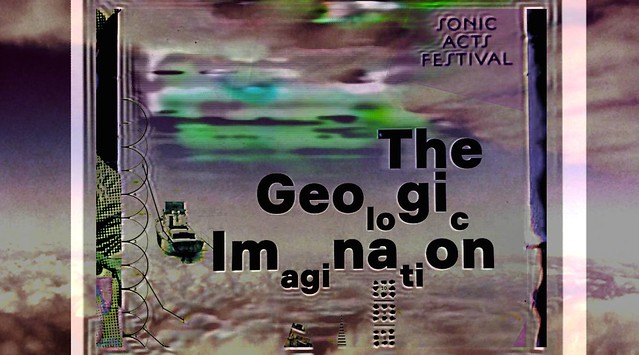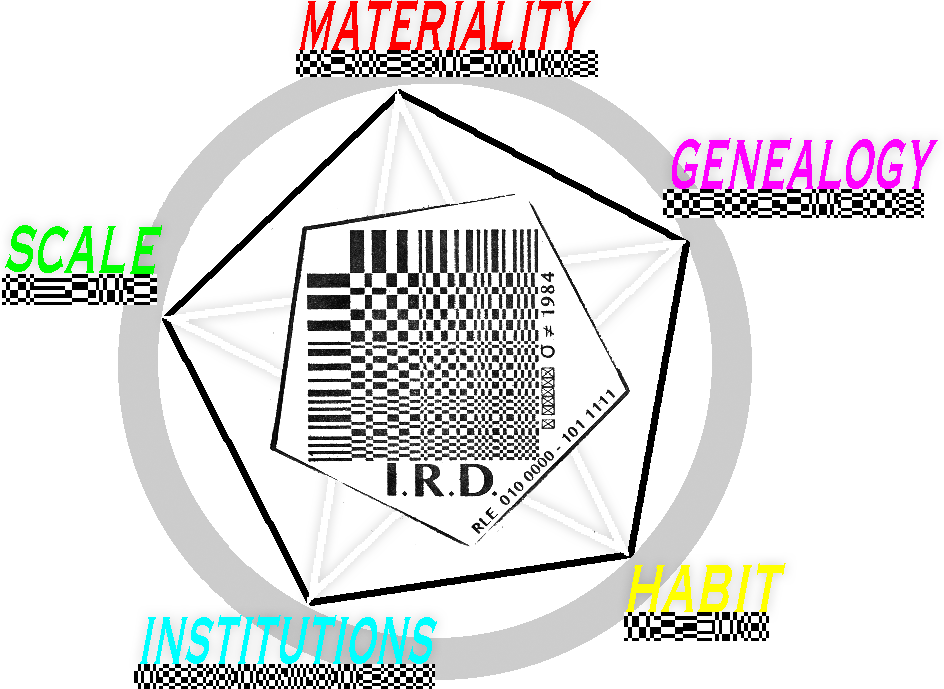
Since the last edition of Sonic Acts I co-ordinate the Critical Writing Workshop, to organise and facilitate the critical blog output and documentation of the festival. The aim of the workshop is to give the participants an insight and some practical tools and feedback to what critical writing can be. The critical writing workshop Describing the Indescribable is organised by Sonic Acts, The Wire and Gonzo (Circus).
Following are the notes I took in 2013. A copy in plain pdf is here.
The role of documentation.
Documentation of a cultural event is important for several reasons. Events such as Sonic Acts offer a rare opportunity for artists and theorists to be in the same space to enter dialogue and develop new perspectives and connections between different discourses. Via documentation, these forms of knowledge creation can reach a wider audience and be opened up to a public that is not physically at the event. Documentation can also serve as an information source for prosperity, or as a proof of success to funding organs. In short, documentation of a festival that strives for knowledge production is indispensable.
So why critical writing?
Documentation at Sonic Acts takes place via several sources; there will be registrations made in video and by a team of photographers. Besides that there is independent press and of course our team of critical writers. Traditionally, documentation is oriented only to showing or explaining the works that are on display. The critical writer can provide both a descriptive and normative bases for his writing. The role of the critical writer is thus more than just registration; it is documentation framed via specifically chosen frameworks and perspectives. Through this form of documentation the writer often has a personal ‘quest’; he or she wants to offer a certain type of reflection on the event; one that is probably rooted within issues of her time, that inform the reception of the subject. This form of writing plays a vital part in understanding and uncovering the meaning of an event, performance or work within its time and place. Critical writing can have the power to challenge and change the perception and reception of (parts of) the festival.
So how to write critically? How do you write critically in your work?
Critical writing means something different to everyone, but in general it is about making a decision to see, judge and expand something a certain way. It can be about breaking a work open and giving new reflections on it, guide the reader through one chosen path of perspective - and finally to expand perception of the work.
Ge Huismans, editor in chief at Gonzo (circus) Magazine, stressed that critical writers are not negative writers. However, in order to write critically, you should not feel compromised by your relationship to the subject.
Forms of critical writing
Critical writing itself knows many ways, shapes and forms. In 2013, Nick Cain, a writer from the Wire, was invited as an expert to the Critical Writing Workshop. He listed these forms of writing often featured in the Wire:
- interview
- report
- trend-article
- exposure piece (descriptive, can for instance be a ‘history’)
- opinion piece (can validate / reinforce / negotiate / oppose a position)
- an article that formulates (and answers) questions about a subject
- an article that aims to relate a subject to a broader, social or political context.
Cain also briefly mentioned different styles of writing. Generally, the language used in the Wire is different from for instance the language used in art-critique publications, which are often more densely coded. In short: different platforms require different poetics, which means that when you write you should keep in mind the style of writing your platform requires.
Often a subject can be quite complex, however the publication needs the issue to be presented in a simple, clear form. On the other hand it should not be oversimplified!
How to understand the right question(s) to ask?
Some tips and tricks:
- Seek out feedback and exchange ideas with your peers. Don’t expect the information or feedback come to you, ask for it!
- The hardest part of this process is actually to understand the feedback that is given to you.
- Feedback can come from unexpected sources. Sometimes, letting your mother read your piece, can result into more useful feedback than your subject or peer might be able to offer.
- Critical writing is not easy. It can feel like you are trying to give shape to a tree trunk with a jigsaw.
- Don’t let feedback discourage you but learn about your own strengths and interests.
- Write the piece from your own perspective. Start with I and write reductively.
- Realise that the research has to stop somewhere. Most subjects never end, however, an article only needs so much information.
- Look for unusual connections within the subject matter
- Try to find a way to get face to face with your subject. You will find new insights when you can have a IRL meeting.
Other issues addressed:
- Some of the particularities for publishing on the platform you have been working in
- How do you formulate a clear question and point of view
- How to write understandably to readers from different backgrounds
- Formal technique of writing.

No comments:
Post a Comment